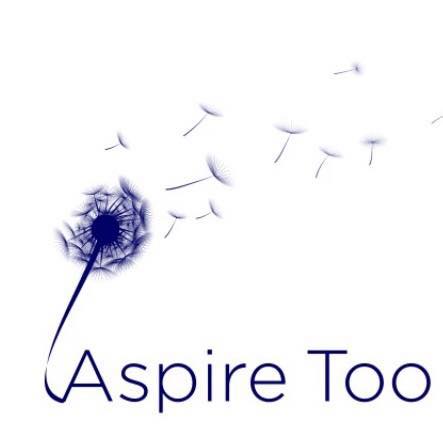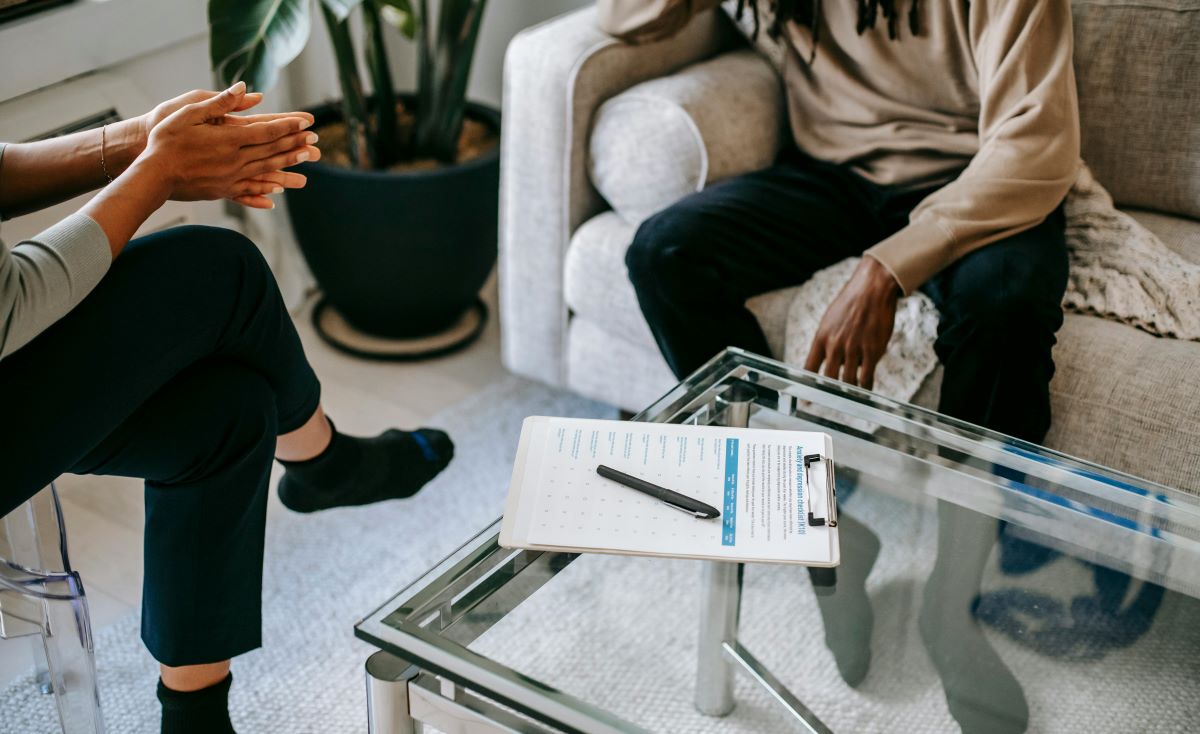Are you considering working with a counsellor but unsure where to start?
Seeking help is a courageous step towards improving the quality of your life.
Finding the right counsellor can make all the difference. In this blog, we’ll walk you through everything you need to know about hiring a counsellor, from understanding their role to finding the right match for your individual needs.
Understanding the Role of a Counsellor
Before diving into the hiring process, let’s take a step back and to understand what a counsellor does. Counsellors are trained professionals who provide support and guidance to individuals facing a variety of challenges, including mental health issues, relationship problems, career transitions and more. They use a range of techniques, such as talk therapy and cognitive-behavioral therapy, among other therapeutic modalities, to help clients overcome their difficulties and improve their overall well-being.
Counsellors work with clients from all walks of life, including children, adolescents, adults, and couples. They create a safe and supportive environment where clients can explore their thoughts and feelings, gain insight into their behaviour, and develop coping strategies for managing stress and other issues.
Why Work With a Counsellor?
Many people hesitate to seek counselling due to stigma or misconceptions about mental health. The truth is counselling and coaching are for anyone who is seeking direction, support, and guidance on their path to wellness. Counselling can be incredibly beneficial for anyone facing challenges in their life. Counsellors offer a safe and non-judgmental space to explore your thoughts and feelings, gain insight into your behaviour, and develop coping strategies for managing stress and other issues.
Counselling can help you:
- Improve your relationships: Counselling can help you communicate more effectively, resolve conflicts, and build stronger, more fulfilling relationships with others while establishing healthy boundaries for yourself.
- Manage stress and anxiety: Counsellors can teach you techniques for managing stress and anxiety, such as relaxation exercises and mindfulness practices.
- Overcome past trauma: Counselling can help you process and heal from past traumas, allowing you to move forward with your life. We offer Accelerated Resolution Therapy (ART) for trauma and Play Therapy for children.
- Navigate life transitions: Whether you’re facing a career change, a breakup, or another major life change, Counselling can provide you with the support and guidance you need to navigate the transition successfully.
How to Select the Right Counsellor for You
Finding the right counsellor is a crucial step in your journey towards better mental health.
Here are some tips to help you find the perfect match:
- Identify Your Needs: Before starting your search, take some time to think about what you hope to achieve through counselling. Are you looking to improve your relationships, manage stress, or address a specific issue like anxiety or depression?
- Research Counsellors in Your Area: Once you have a clear idea of what you’re looking for, start researching counsellors in your area. You can use online directories, such as Psychology Today or GoodTherapy, to find counsellors who specialize in the areas you’re interested in.
- Check Credentials: It’s essential to ensure that any counsellor you’re considering is licensed and qualified to practice. Check their credentials and inquire about their experience working with clients with similar concerns. Also check your insurance coverage to ensure the counsellor you’d like to work with has credentials covered under your insurance. You can also inquire if the counselling agency offers sliding scale or reduced rates for people who don’t have access to counselling benefits.
- Schedule an Intake Session Consultation: The intake session is where you will share and receive information so both you and the counsellor can determine if ongoing counselling together will be a good fit. Use this opportunity to meet with the counsellor, ask questions about their approach and experience, and see if you feel comfortable with them.
- Consider Fit: Finally, consider how well you click with the counsellor. Trust and rapport are essential in the counselling relationship, so it’s crucial to find someone you feel comfortable opening up to. You will want to make sure you make a confident decision.
Working with a counsellor can be a transformative, life changing experience. It can lead to improved mental health and overall well-being. By understanding the role of a counsellor, recognizing the benefits of counselling, and by following these tips for finding the right counsellor, you can take the first step towards a happier, healthier life.
Our clinicians are as individual as our clients and whatever assistance you’re seeking, we’ve got something that fits.
Visit here to learn more about our team of qualified counsellors ready to support you on your journey to wellness.

